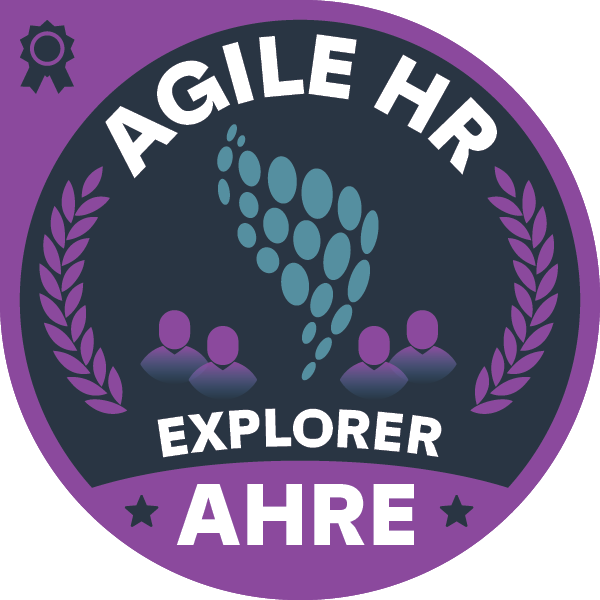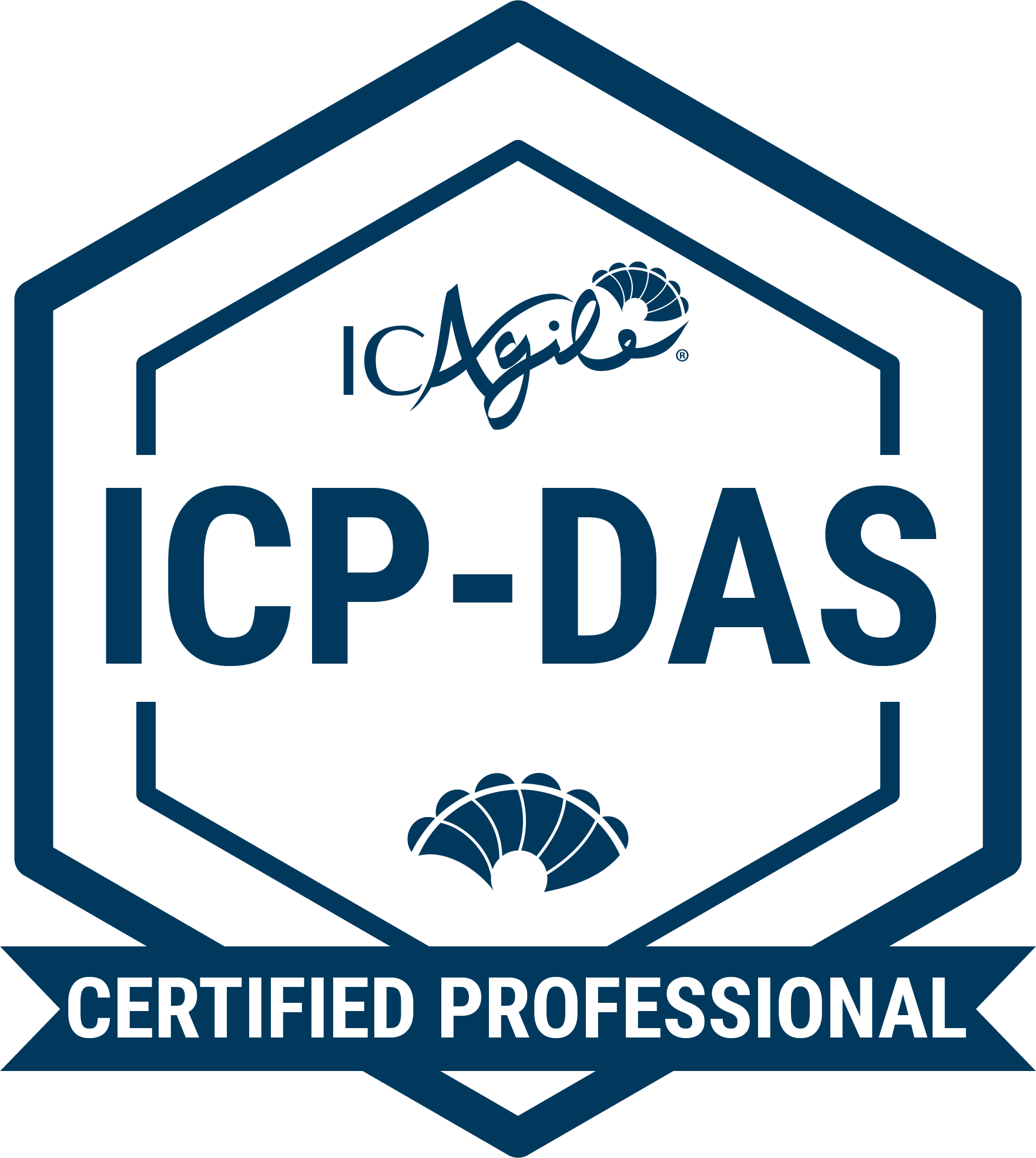Welcome back to our eLearning course on AI & Agility. In this session, we’re diving deep into two essential concepts that drive the success of AI projects: adaptability and iteration. These principles are not just buzzwords—they are fundamental to navigating the fast-paced and unpredictable world of AI development. So, let’s explore how they can empower you to build resilient, innovative AI systems that stand the test of time.
What is Adaptability?
Imagine this: you’ve spent weeks meticulously planning your AI project, ensuring every detail is accounted for. Then, out of nowhere, real-world data throws you a curveball—unexpected results, missing information, or biases you hadn’t foreseen. What do you do now? The answer lies in adaptability.
Adaptability is the ability to adjust your AI project’s course in response to new information, changing environments, or unforeseen challenges. It’s the capacity to be flexible and open-minded, revising your approach based on what you learn along the way. In AI development, adaptability isn’t just an asset—it’s a necessity.
Why is Adaptability Important in AI Projects?
- 1Real-World Data is Messy: Unlike controlled lab settings, real-world data can be noisy, incomplete, and sometimes biased. Adaptability allows you to refine your AI models to handle imperfections in the data and adjust as new data becomes available.
- 2User Needs Evolve: As users interact with your AI system, their expectations may shift. What worked at the start might not be enough later on. Adaptability helps you continually improve and align the system with evolving user needs and preferences.
- 3The World Keeps Changing: Technology advances at a rapid pace. Market trends shift. Regulations evolve. With adaptability, you can stay ahead of these changes, integrating new technologies and trends seamlessly into your project.
Looking to enhance your AI development skills?
Explore Agilemania's wide range of workshops designed to help you master adaptability, iteration, and agile methodologies for AI projects. Find the perfect workshop for your needs and start building successful AI systems today!
Check Now!How to Foster Adaptability in AI Projects
If adaptability is crucial, how can you build it into your AI development process? Here are a few ways to cultivate this essential quality:
-
Start Small and Iterate: Avoid the trap of trying to build a massive AI system from day one. Instead, break your project into smaller, testable components. This approach enables you to gather feedback early, pivot as needed, and refine your AI model along the way.
-
Choose Agile Methodologies: Agile frameworks like Scrum are perfect for AI projects because they prioritize continuous learning and adaptation. They promote short, iterative cycles of development and testing, making it easier to adjust your strategy as new insights emerge.
-
Leverage Data-Driven Insights: Data analytics should be at the heart of your project. Regularly monitor your AI system’s performance and use data insights to guide your adaptability efforts, allowing you to make informed decisions about adjustments and improvements.
What is Iteration?
Iteration is the process of continually refining and improving your AI project through repeated cycles of development, testing, and deployment. It’s not about perfecting everything at once but about making incremental improvements based on feedback and testing results.
Why is Iteration Important in AI Projects?
Iteration plays a pivotal role in AI development for several reasons:
-
AI Development is Iterative by Nature: Building effective AI models often requires multiple iterations. Each cycle gives you an opportunity to address shortcomings, refine your approach, and enhance the model’s performance.
-
Continuous Improvement: Iteration fosters an environment of ongoing improvement. Through regular testing and revision, you can progressively enhance the accuracy, efficiency, and user experience of your AI system.
-
Risk Mitigation: Early and frequent testing allows you to spot potential issues before they become significant problems. By iterating consistently, you reduce the chances of encountering major roadblocks later in the development process.
How to Implement Iteration in AI Projects
Here are some practical steps you can take to implement iteration in your AI project:
-
Define Clear Success Metrics: Before you dive into development, establish clear, measurable goals for your AI project. These metrics will help guide your iteration process, allowing you to track progress and determine whether each iteration is moving you closer to success.
-
Conduct Regular Testing: Testing should be integrated throughout the development lifecycle. Don’t wait until the end to test your AI system—frequent testing allows you to identify issues early and refine your model continuously.
-
Gather Feedback and Iterate: Solicit feedback from users, stakeholders, and team members at each stage of development. Use this feedback to inform your next iteration and ensure the AI system aligns with user needs and expectations.
Adaptability and Iteration: Working Together
Adaptability and iteration are not standalone concepts—they work together as complementary forces in the AI development process. Adaptability keeps you open to new insights and changes, while iteration provides the framework to make continuous improvements.
By combining both principles, you create an agile, responsive development process that can quickly adjust to challenges and incorporate new knowledge. This dynamic duo ensures that your AI project remains effective, relevant, and capable of delivering value in a fast-changing environment.
Conclusion
The ability to adapt and iterate is what separates successful AI projects from those that fall short. With AI systems, the journey is rarely linear—there will be unexpected challenges, evolving user needs, and rapidly changing technological landscapes. By embracing adaptability and iteration, you can unlock the full potential of AI and build systems that thrive in an ever-evolving world.
Incorporate these principles into your development process, and you’ll be better equipped to navigate the complexities of AI projects and create solutions that make a real impact. Stay tuned for more insights on how you can integrate agile principles into AI development.



























































































